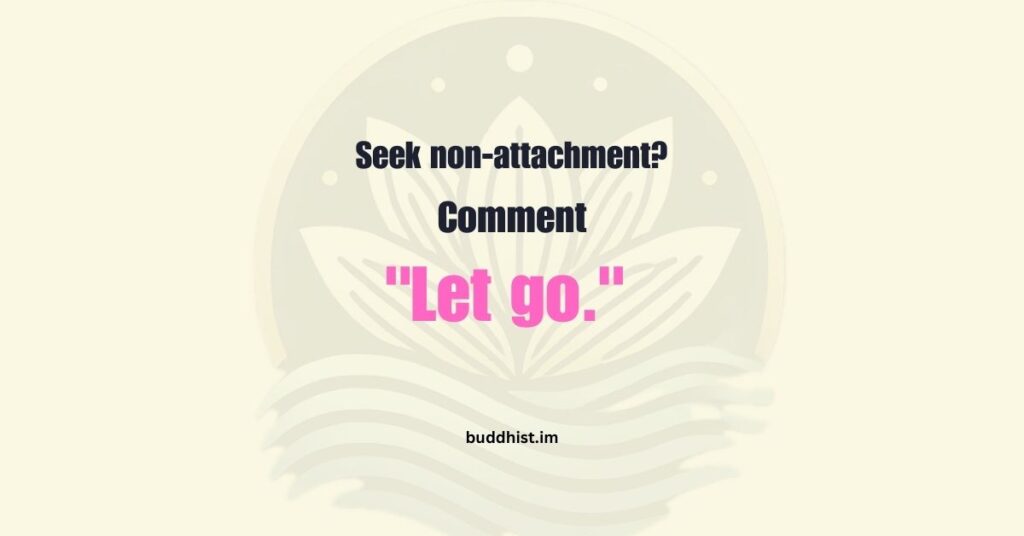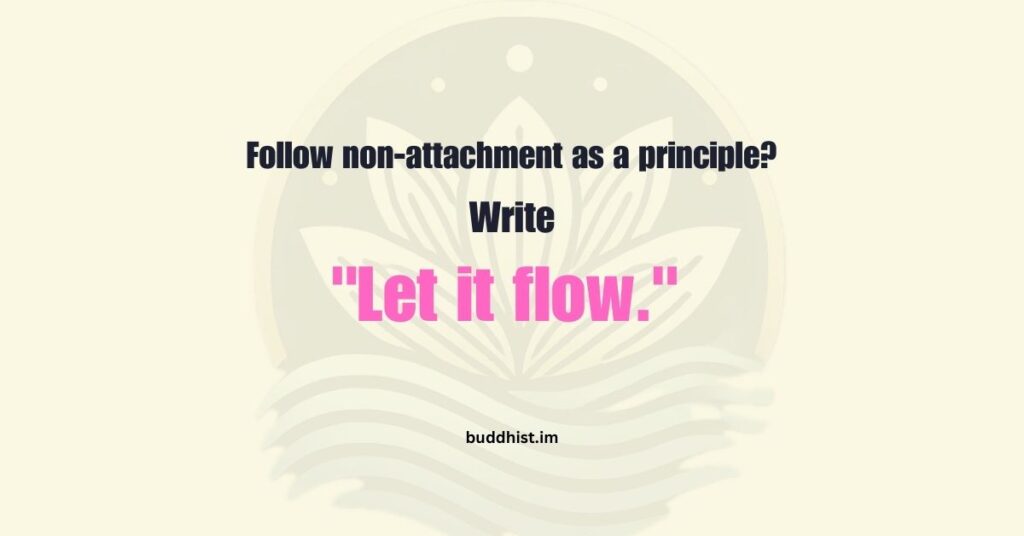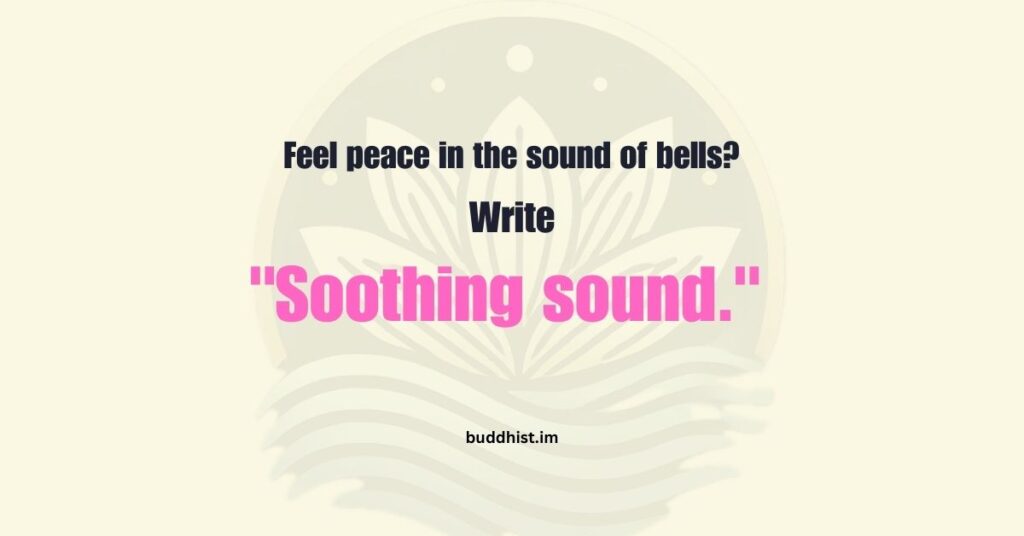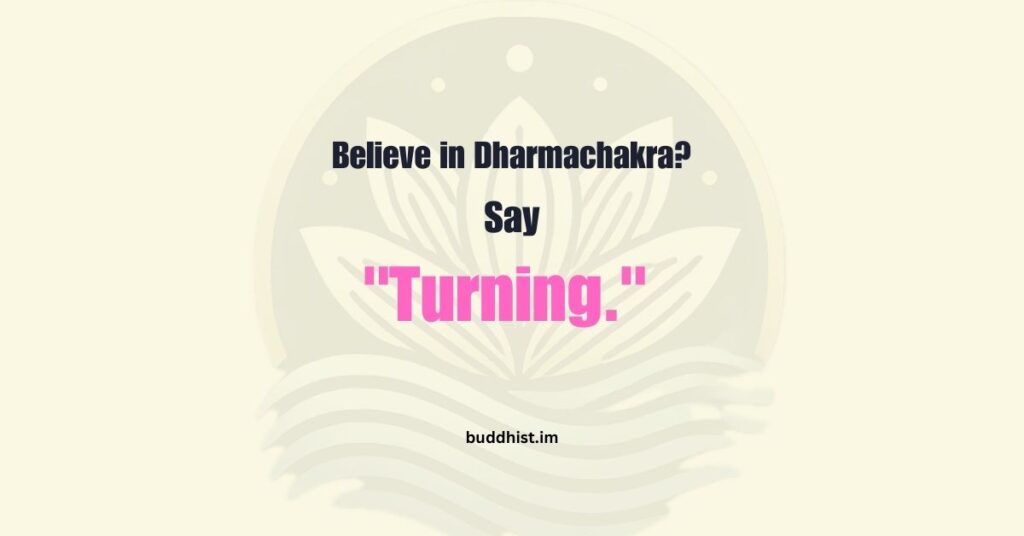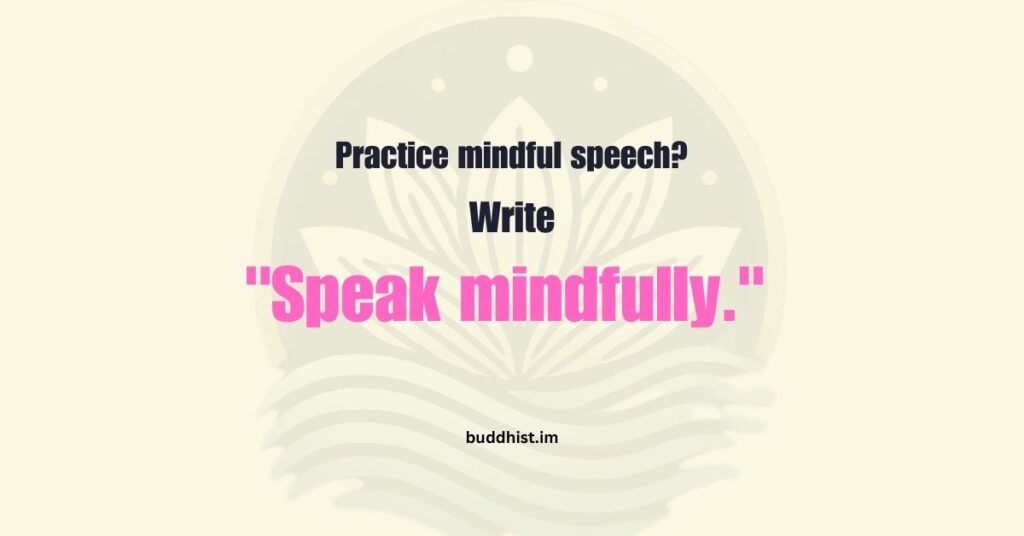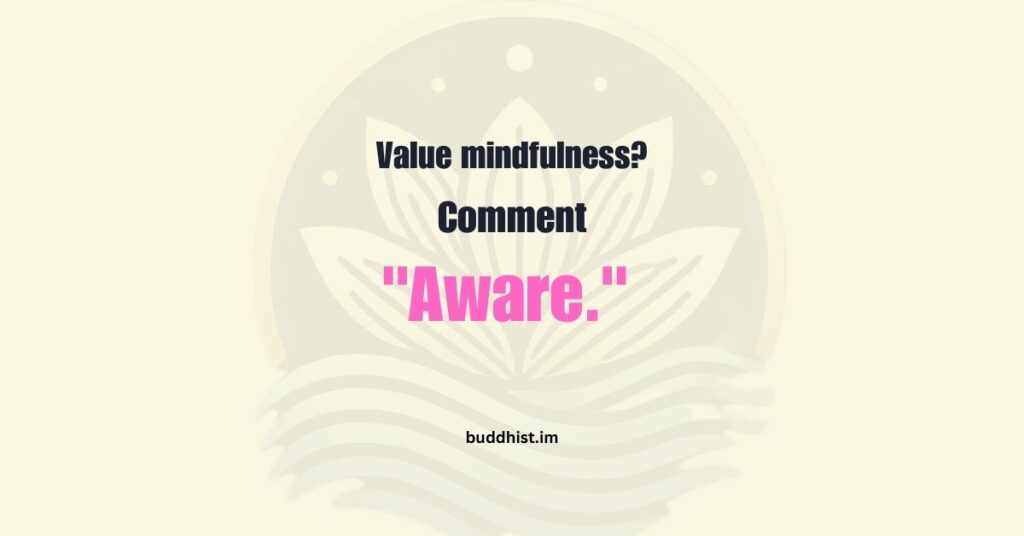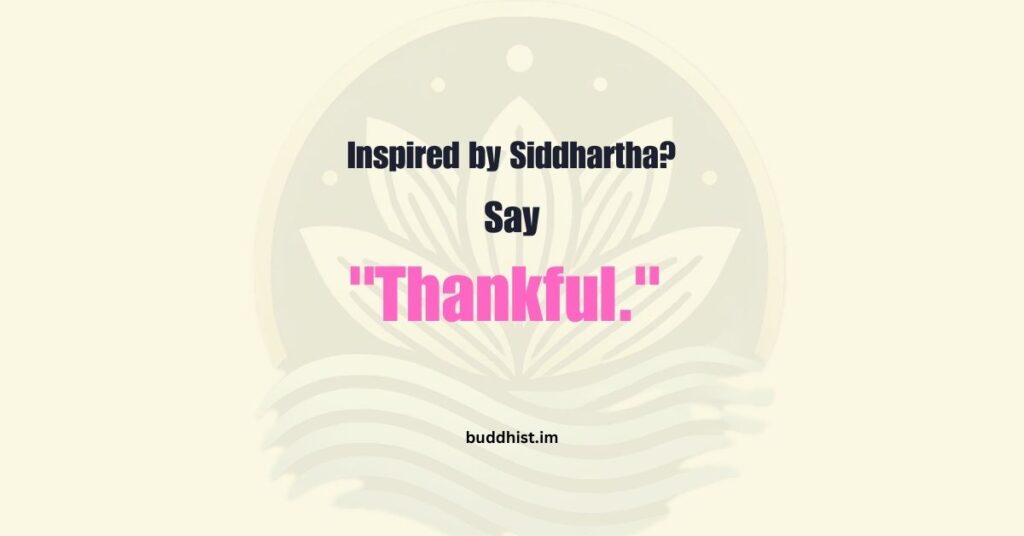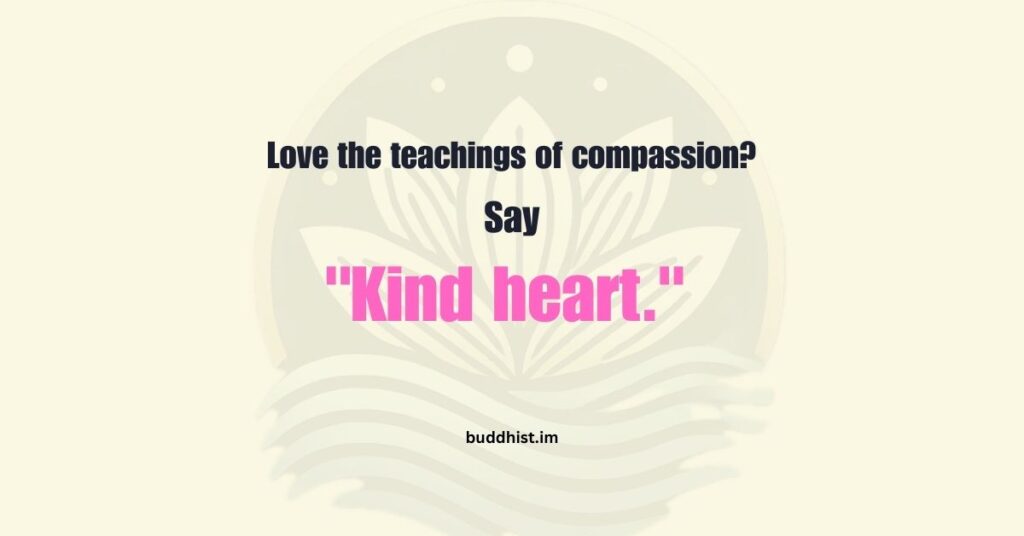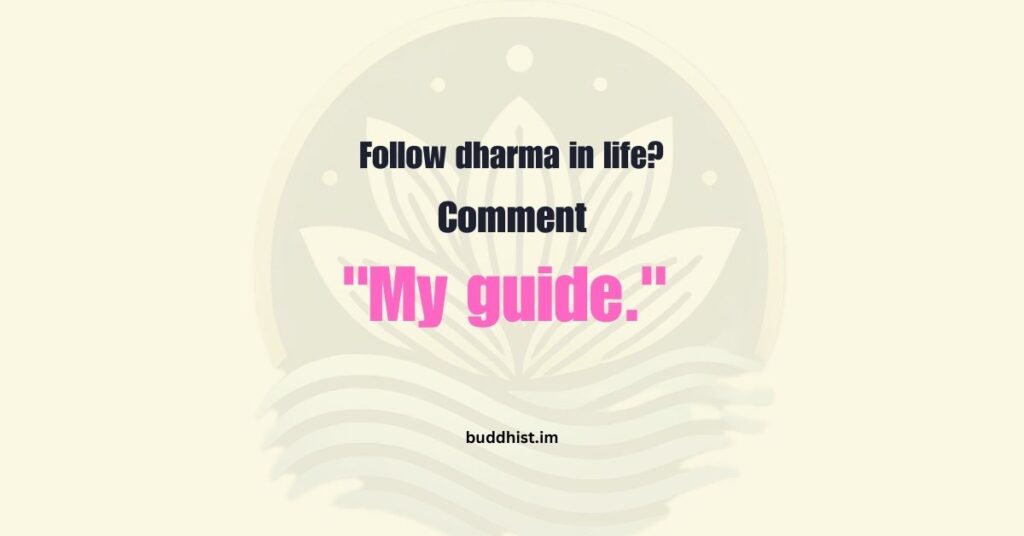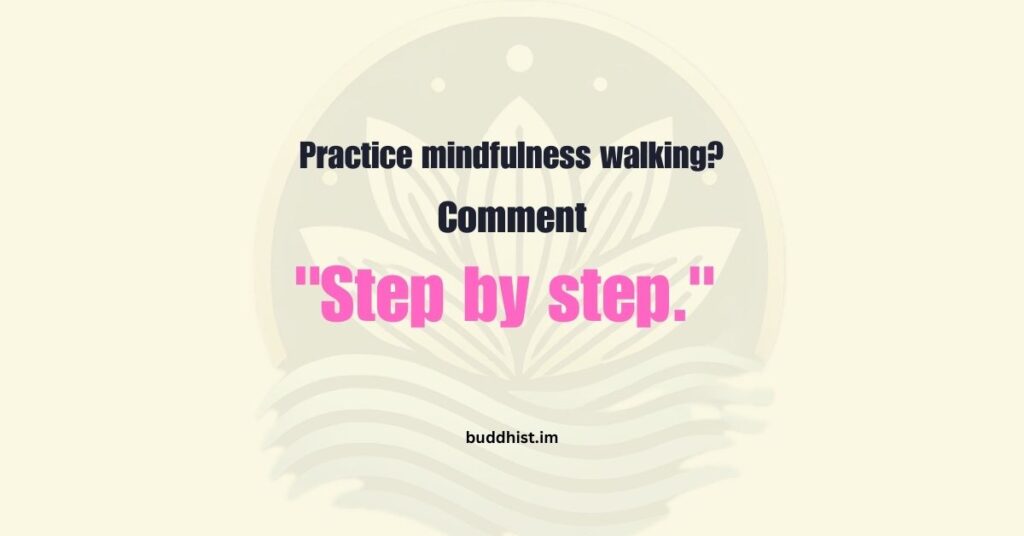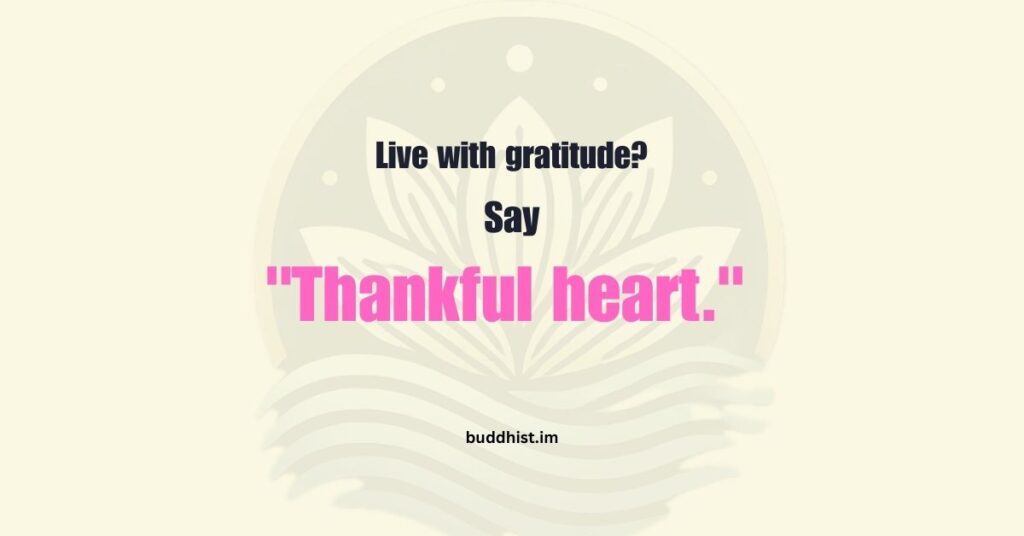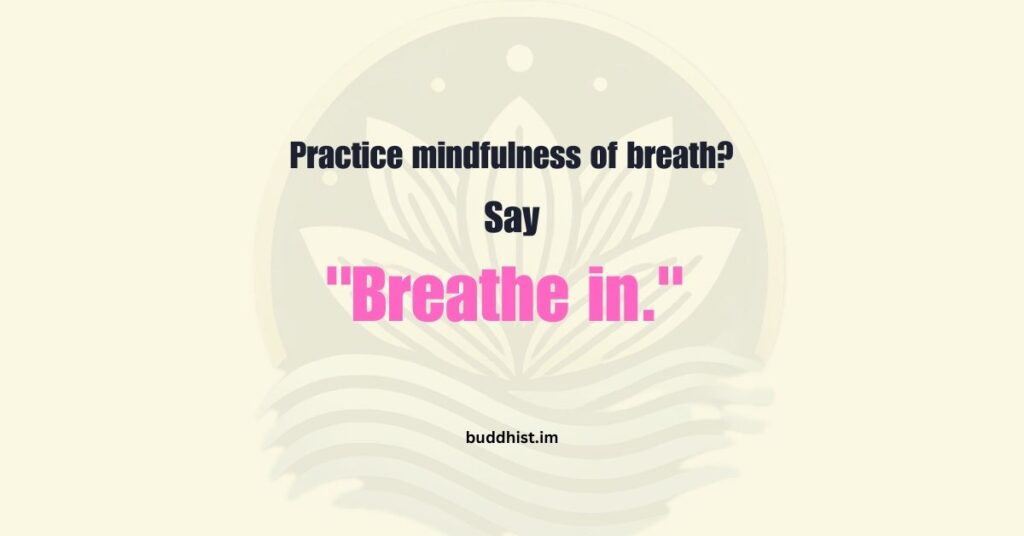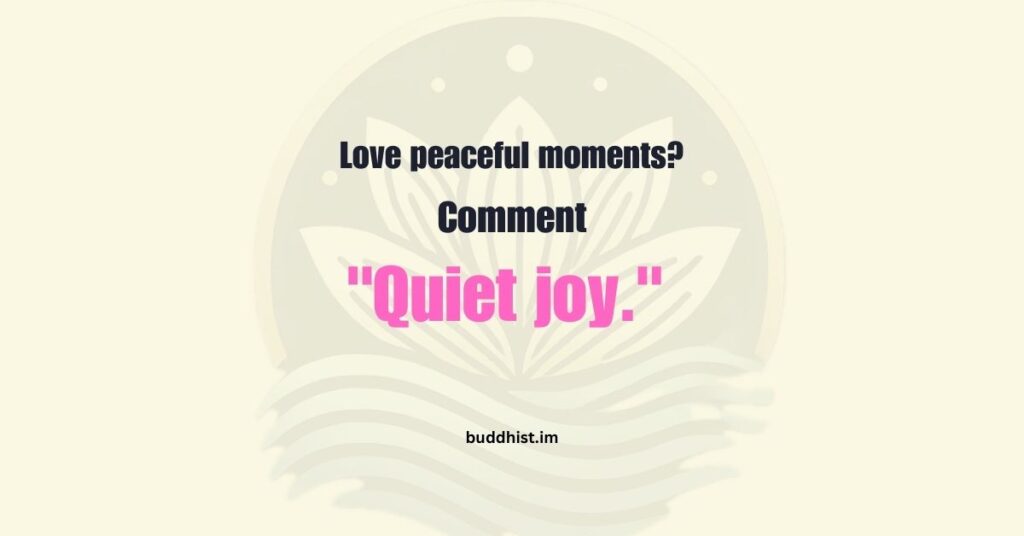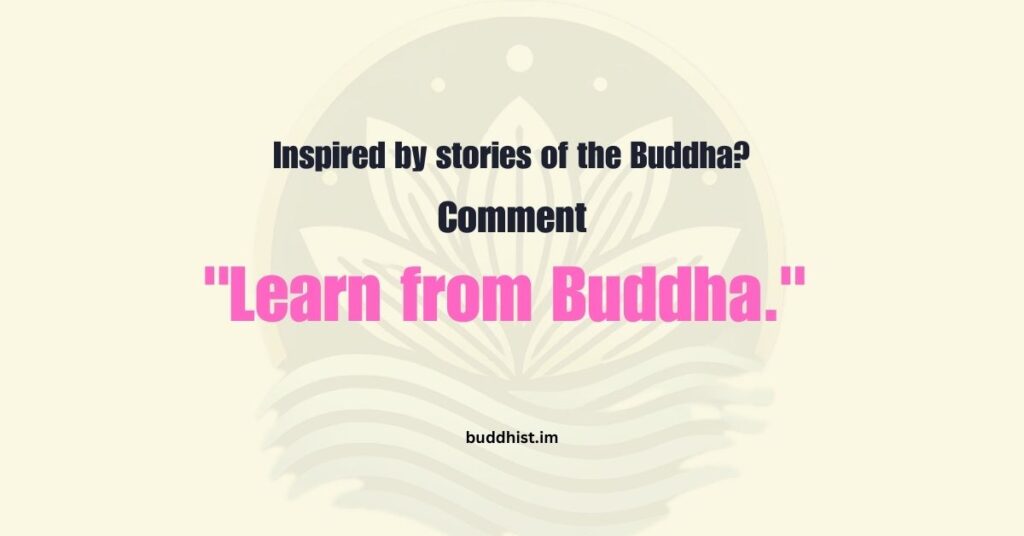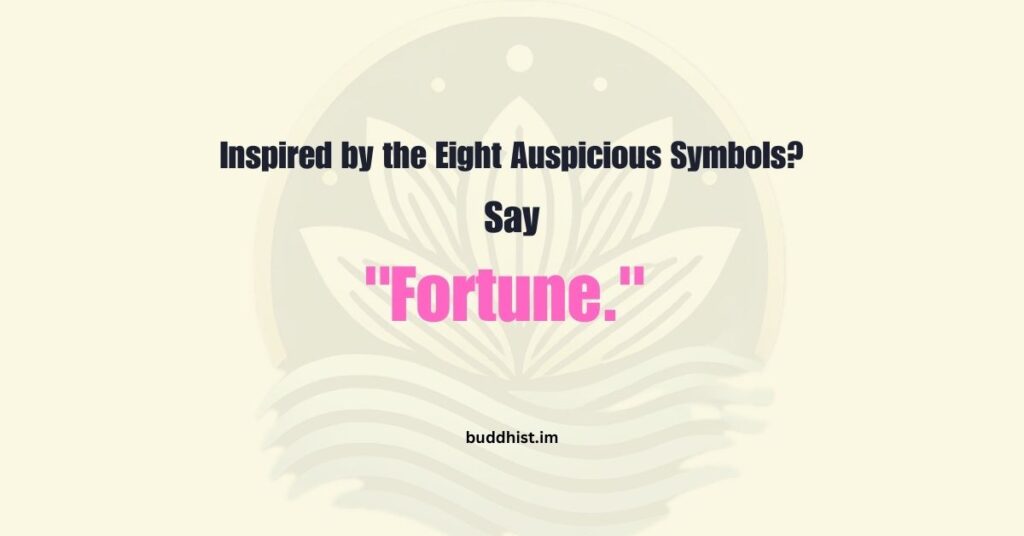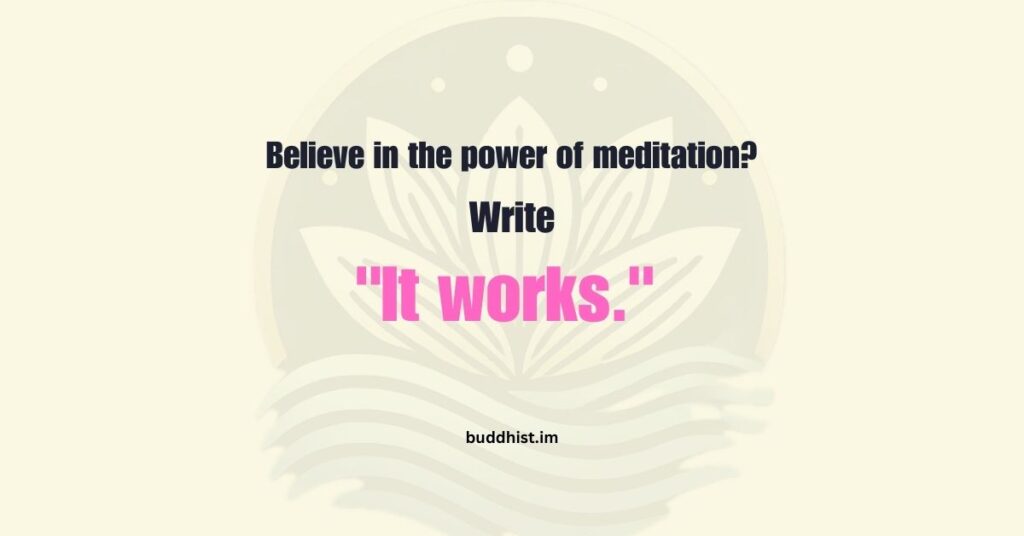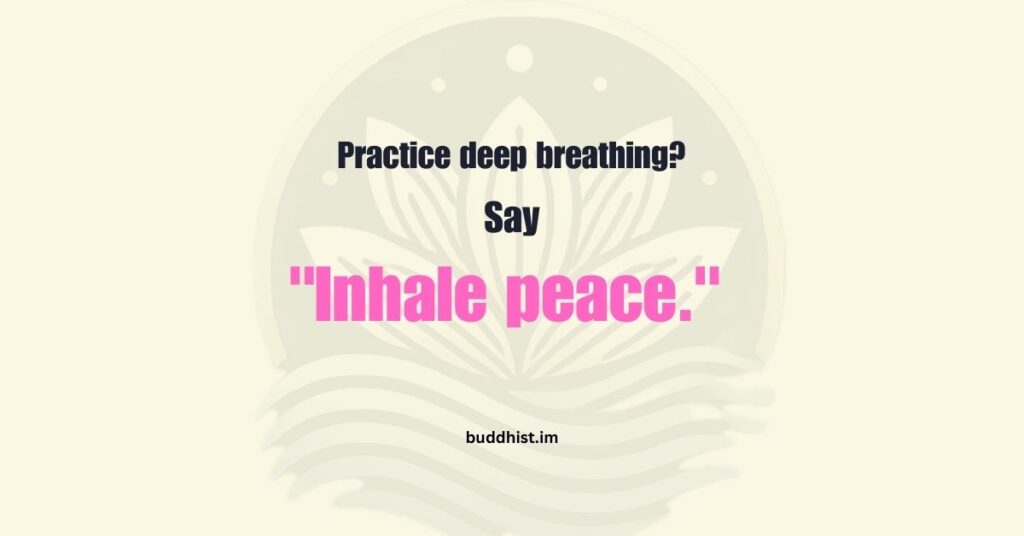Ah, stress. That pesky little word that seems to creep into every corner of our lives. Whether it’s juggling work, family, relationships, or just trying to get five minutes of peace without someone yelling, “Mom!”, it’s no wonder stress feels like an uninvited houseguest who refuses to leave. But fear not, my lovely stressed-out sisters. Buddhism has your back. In fact, this ancient philosophy is practically a stress-busting ninja.
Let’s dive into how embracing Buddhist principles can help you let go of stress and invite a little more zen (and maybe even joy) into your life.
The Power of Letting Go
First things first: let’s talk about attachment. One of Buddhism’s core teachings is that attachment is a major cause of suffering. And no, we’re not just talking about clinging to that extra slice of chocolate cake (though guilty as charged). We’re talking about attachment to outcomes, expectations, and that never-ending to-do list.
When you’re stuck in traffic and late for a meeting, what’s making you stressed? It’s the attachment to being on time. When your partner doesn’t notice your new haircut, why do you feel upset? Because you’re attached to their validation. Buddhism teaches us to recognize these attachments and let them go.
Practical Tip: The next time you feel stress creeping in, pause. Ask yourself: What am I clinging to right now? Is it really worth my peace of mind? Spoiler alert: it’s probably not.
Breathe Like a Buddha
If you’ve ever taken a yoga class or tried meditation, you’ve likely heard someone say, “Just breathe.” Sounds simple, right? But in Buddhism, the breath is more than just oxygen delivery. It’s your lifeline to the present moment.
When you focus on your breath, you’re not worrying about tomorrow’s presentation or yesterday’s argument with your sister. You’re here, now. And guess what? Stress can’t survive in the present moment.
Practical Tip: Try this Buddhist breathing technique: Inhale deeply for four counts, hold your breath for four counts, then exhale for four counts. Repeat. Bonus points if you whisper “om” to yourself while doing it (but maybe not during a work meeting).
Mindfulness: Your New Superpower
You’ve probably heard the word “mindfulness” thrown around like confetti, but what does it actually mean? In Buddhism, mindfulness is about paying attention to the present moment without judgment. It’s noticing the smell of your coffee, the warmth of the sun on your face, or the sound of your kids laughing, even if they’re also throwing spaghetti at the wall.
Mindfulness helps you step out of the chaos and truly savor life’s little joys. And the best part? It’s stress’s arch-nemesis.
Practical Tip: Start a mini-mindfulness practice. Every morning, take five minutes to simply sit and observe your surroundings. Feel the weight of your body in the chair, listen to the sounds around you, and savor that first sip of coffee like it’s liquid gold.
Loving-Kindness Meditation: A Hug for Your Soul
Let’s be honest: sometimes stress comes from other people. (Looking at you, Karen from accounting.) Enter loving-kindness meditation, or “metta,” as it’s called in Buddhism. This practice helps you cultivate compassion and kindness, not just for others, but also for yourself.
Here’s how it works: you sit quietly and silently repeat phrases like, “May I be happy. May I be healthy. May I live with ease.” Then, you extend those wishes to others, yes, even Karen. It’s like sending out little mental hugs to the universe.
Practical Tip: The next time someone irritates you, try this: Close your eyes and silently wish them well. (Bonus: they’ll have no idea you’re doing it, so you still win.)
The Art of Non-Doing
Ladies, we live in a culture that glorifies busyness. If your calendar isn’t packed, society makes you feel like you’re slacking. But Buddhism says, “Nah, girl. Chill.”
The art of non-doing, or “wu wei” in Zen practice, is about finding flow and letting life unfold naturally. It’s about realizing you don’t have to control everything. Sometimes, the best thing you can do is…nothing.
Practical Tip: Schedule some unscheduled time. Seriously. Block off an hour on your calendar to just be. Sit on your porch, watch the clouds, or listen to your favorite music. No guilt allowed.
Gratitude: The Stress Slayer
Last but not least, let’s talk gratitude. Buddhism teaches us to appreciate what we have instead of constantly chasing what we don’t. When you’re feeling overwhelmed, a quick gratitude check can shift your perspective and zap stress in its tracks.
Practical Tip: Before bed, write down three things you’re grateful for. It can be as simple as, “I didn’t burn dinner tonight.” Or, “My dog’s tail wagged like crazy when I came home.”
The Bottom Line
Buddhism isn’t about shaving your head, donning a robe, or moving to a monastery (though, hey, no judgment if that’s your jam). It’s about finding simple, practical ways to let go of stress and embrace peace. By practicing mindfulness, letting go of attachments, and sprinkling in some loving-kindness, you’ll find yourself feeling lighter, happier, and maybe even a little unstoppable.
So, take a deep breath, let go of that stress, and give yourself permission to just be. Because, my dear, you deserve it. Namaste.
